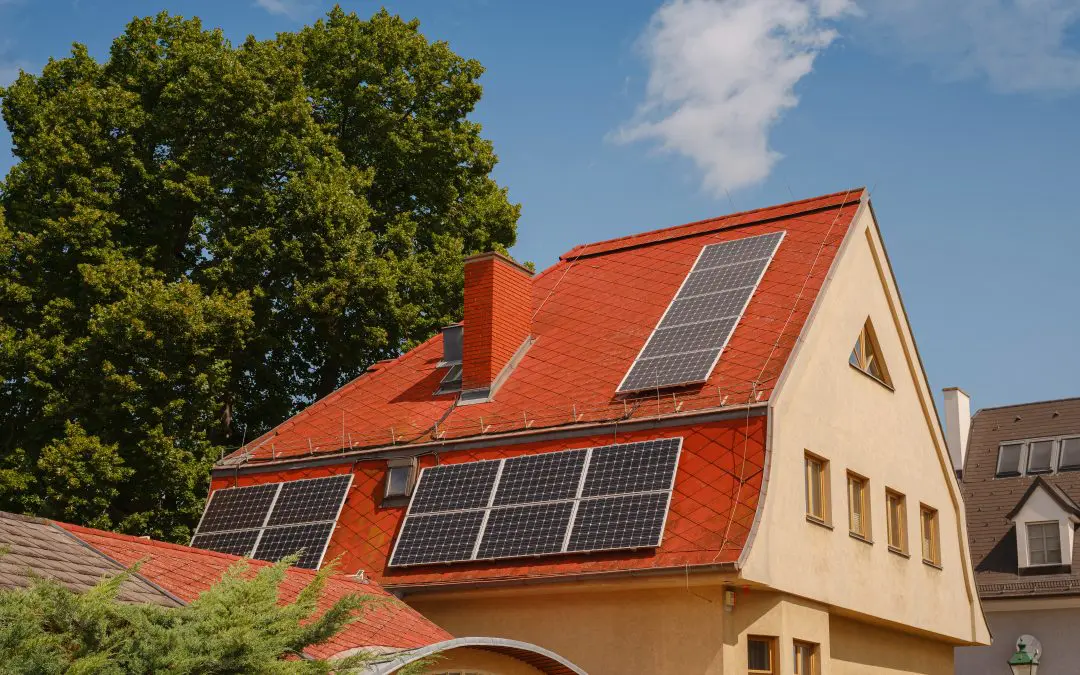As homeowners in Maryland explore the possibility of converting to solar energy, the pivotal question arises: Is solar energy worth it? Despite Maryland’s 19th rank in solar conversions nationally and higher-than-average solar panel installation costs, the state’s solar-friendly policies and abundant sunshine suggest that the benefits of going solar in Maryland outweigh the drawbacks for many residents.
Evaluating Solar Energy’s Worth in Maryland
Determining if solar panels are a good fit for your Maryland home involves considering various factors. From utility bill savings to incentives and installation costs, let’s delve into the aspects that can help you decide.
Home Energy Consumption
Maryland homes generally consume more electricity than the national average, with the typical household using about 957 kWh per month compared to the national average of 881 kWh. Solar panels tend to provide more value in areas where electricity needs or rates are higher. Homes consuming over 500 kWh monthly are typically considered good for solar. Most Maryland homes meet this criterion, indicating a favorable outlook for solar conversion in terms of consumption.
Cost of Solar Installation
The price of solar panels in Maryland averages around $3.37 per watt, slightly higher than the national average of $3.33 per watt. Most Maryland residents require a 10-kW solar power system to offset their energy bills, leading to an installation cost of approximately $33,700 before federal tax credits. After applying the 26% federal solar tax credit, the cost can be reduced to about $23,590. The viability of solar for your home depends on the balance between your energy expenditure, which is slightly above average, and the total installation price, which is below average.
Solar Payback Period
One of the most useful metrics for determining the value of solar for your property is the estimated solar panel payback period. This is the time it takes for the energy savings provided by your panels to pay for the entire system. In Maryland, the average payback period is 11 years, comparable to the national average. This means homeowners can expect to recoup their investment within 8 to 14 years, enjoying additional savings for the remaining 25+ years of the panels’ lifespan. The average total savings after the payback period in Maryland is approximately $34,212, representing net savings.
Net Metering and Buy-Back Rates
In an effort to incentivize solar conversion, many states, including Maryland, have implemented net metering programs. Maryland’s strong net metering policies allow residents to sell excess solar energy back to the grid at retail rates, enhancing the financial attractiveness of solar installation. This ensures that homeowners can maximize their savings, especially during times of high solar production and low energy usage.
Sun Exposure
Maryland experiences about 202 sunny days per year, which is just below the national average of 205 days. Solar panels generate electricity when they receive sunlight, making areas with ample sunlight ideal for installation. Roofs with good sun exposure and minimal shading are optimal for solar panels. Homeowners should assess their property’s sun exposure, including roof direction and potential shading from trees or nearby buildings.
Incentives and Tax Credits
Maryland offers several incentives to make solar conversion more appealing, including:
- Federal Solar Tax Credit (ITC): Homeowners can claim 26% of their installation costs as a credit against their federal income tax liability.
- State Rebates and Tax Exemptions: Maryland provides a $1,000 rebate for solar installations, along with sales tax and property tax exemptions, saving homeowners hundreds of dollars.
- Maryland Energy Storage Income Tax Credit: For those opting for solar batteries, this credit can cover up to 30% of the energy storage costs.
Increased Home Value
Solar panels can increase a home’s value by an average of 4.1%. For a home valued at $402,625, this could mean an additional $16,507 in property value. It’s important to note that this benefit applies to homeowners who purchase their panels outright or through solar financing, as solar leases and power purchase agreements do not provide the same value increase.
Environmental Impact
Switching to solar not only provides financial benefits but also significantly reduces reliance on fossil fuels and carbon footprint. By generating clean, renewable energy, homeowners contribute to a healthier environment and increased energy independence.
Making an Informed Decision
Solar energy is a compelling choice for many Maryland homeowners due to its potential for significant long-term savings, state incentives, and environmental benefits. However, individual factors such as roof orientation and shading must be considered. Consulting with a solar professional and using solar calculators can provide a clearer picture of potential savings and payback periods, helping to determine if solar energy is a worthy investment for your Maryland home.


Recent Comments